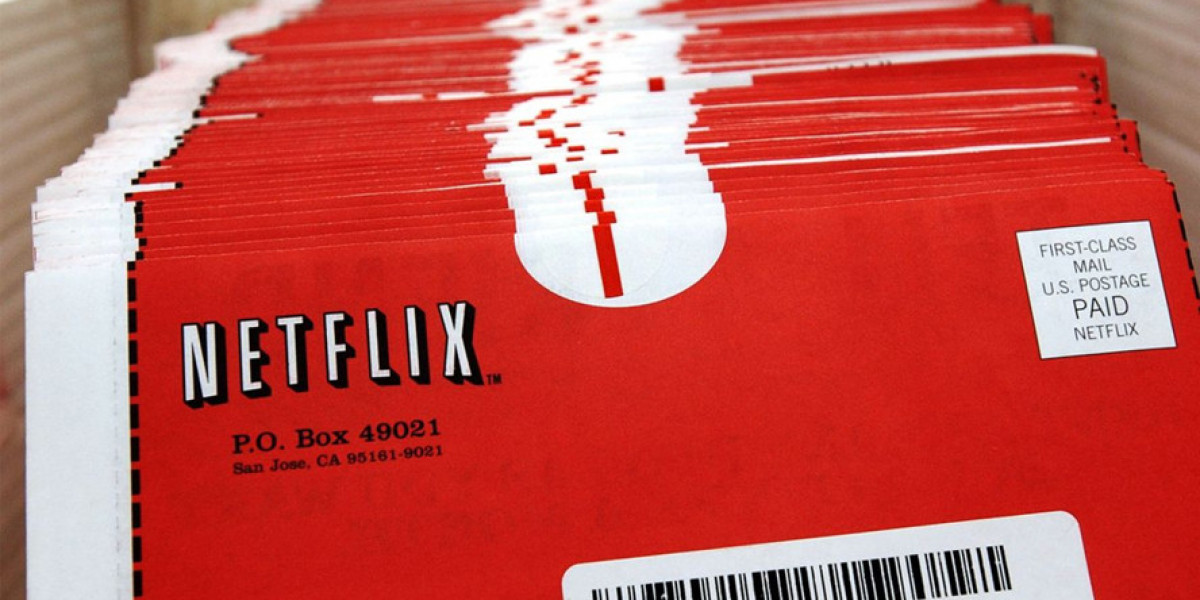The U.S. healthcare system is one of the most complex and dynamic in the world. Its policies are shaped by a combination of federal and state regulations, industry standards, and evolving patient needs. These policies have a direct impact on medical billing practices, requiring providers and their partners to constantly adapt to ensure compliance and efficiency.
One of the most significant players in navigating this intricate landscape is medical coding companies USA, which serve as the bridge between healthcare providers and payers. By staying ahead of regulatory changes and leveraging innovative technologies, these companies ensure accurate coding and billing, helping providers maximize reimbursements and maintain compliance.
In this guest post, we’ll delve into the ways U.S. healthcare policies shape medical billing practices, the challenges they pose, and the role of medical coding companies in addressing these complexities.
The Intersection of Healthcare Policies and Medical Billing
Healthcare policies influence every aspect of medical billing, from how services are documented and coded to how claims are submitted and reimbursed. Let’s examine some key areas where policies have had the most impact.
1. Standardization of Billing Codes
One of the foundational aspects of medical billing is the use of standardized codes, such as ICD (International Classification of Diseases), CPT (Current Procedural Terminology), and HCPCS (Healthcare Common Procedure Coding System). These codes are mandated by government regulations and serve to:
- Ensure uniformity across healthcare providers.
- Facilitate accurate documentation of diagnoses, treatments, and procedures.
- Simplify claims processing for insurance payers.
Healthcare policies like the implementation of ICD-10 in 2015 marked a significant shift, requiring providers and medical coding companies USA to update their systems and processes to accommodate the expanded and more specific codes.
2. The Affordable Care Act (ACA)
The ACA, enacted in 2010, introduced sweeping changes to the U.S. healthcare system. Its emphasis on increasing access to healthcare and improving quality had a profound effect on billing practices. Key impacts include:
- Increased Claim Volumes: The ACA expanded coverage to millions of uninsured Americans, resulting in a surge in claims submitted by providers.
- Value-Based Payment Models: The shift from fee-for-service to value-based care models required more detailed documentation to justify reimbursements based on outcomes rather than services rendered.
Medical coding companies had to adapt by training staff in value-based care documentation and ensuring compliance with ACA guidelines.
3. HIPAA and Data Security
The Health Insurance Portability and Accountability Act (HIPAA) established stringent rules for protecting patient data. These regulations have a direct impact on medical billing practices, particularly in the following ways:
- Ensuring that electronic transactions comply with HIPAA’s Electronic Data Interchange (EDI) standards.
- Protecting patient data during the billing process to avoid breaches and penalties.
Medical coding companies USA play a critical role in ensuring that billing practices align with HIPAA standards. This includes implementing secure billing software, conducting regular audits, and training staff on data privacy.
4. Medicare and Medicaid Policies
Medicare and Medicaid are two of the largest payers in the U.S. healthcare system, and their policies significantly influence billing practices. For example:
- Medicare’s Coverage Determinations: Providers must adhere to Medicare’s Local and National Coverage Determinations, which specify what services are reimbursable.
- Medicaid’s State-Specific Rules: Medicaid billing rules vary by state, requiring providers to navigate a patchwork of policies.
Medical coding companies ensure that providers comply with these payer-specific guidelines, reducing the risk of claim denials and audits.
Challenges Posed by Healthcare Policies
While these policies are designed to improve the healthcare system, they also introduce challenges for medical billing, including:
1. Frequent Regulatory Changes
Healthcare policies are constantly evolving, making it difficult for providers to stay up-to-date. For example, the transition from ICD-9 to ICD-10 required providers to learn thousands of new codes and update their systems.
2. Complex Documentation Requirements
Value-based care models and other policies demand more detailed documentation, increasing the administrative burden on providers.
3. Rising Denial Rates
Stringent payer policies often result in claim denials due to coding errors, missing documentation, or non-compliance with coverage rules.
4. High Costs of Compliance
Implementing systems and processes to meet regulatory requirements can be costly, particularly for smaller practices.
The Role of Medical Coding Companies USA
In the face of these challenges, medical coding companies USA have become indispensable partners for healthcare providers. Here’s how they help:
1. Ensuring Compliance
Medical coding companies stay ahead of regulatory changes, ensuring that providers comply with the latest policies. This reduces the risk of audits, penalties, and claim denials.
2. Improving Coding Accuracy
By employing certified coders and using advanced coding tools, these companies minimize errors and ensure that claims are submitted correctly the first time.
3. Streamlining Revenue Cycle Management
Medical coding companies manage the entire billing process, from coding to claim submission and payment collection. This allows providers to focus on patient care while ensuring financial stability.
4. Adopting Advanced Technologies
Top coding companies leverage technologies like artificial intelligence (AI), machine learning, and robotic process automation (RPA) to improve efficiency and accuracy in medical billing.
5. Navigating Payer-Specific Rules
With expertise in payer-specific guidelines, medical coding companies help providers maximize reimbursements and avoid claim rejections.
The Future of Medical Billing Practices
As healthcare policies continue to evolve, the future of medical billing will be shaped by several trends:
- Artificial Intelligence and Automation: AI will further enhance coding accuracy and streamline administrative tasks.
- Telehealth Billing: With the rise of telemedicine, billing practices will need to adapt to include virtual care codes and reimbursement models.
- Value-Based Care Expansion: As value-based care becomes more prevalent, billing systems will need to focus more on outcomes and patient satisfaction.
- Blockchain Technology: Blockchain could improve transparency and security in billing and claims processing.
Medical coding companies USA will remain at the forefront of these changes, helping providers adapt to new standards and technologies.
Conclusion
U.S. healthcare policies play a critical role in shaping medical billing practices, introducing both challenges and opportunities for providers. From standardized coding systems to value-based care models, these policies aim to improve the efficiency, accuracy, and equity of healthcare delivery.
Medical coding companies USA are essential in navigating this complex landscape. By ensuring compliance, improving coding accuracy, and leveraging advanced technologies, they enable providers to focus on their core mission: delivering high-quality patient care.
As the healthcare industry continues to evolve, the collaboration between providers and medical coding companies will be more important than ever in creating a sustainable and efficient billing ecosystem.








